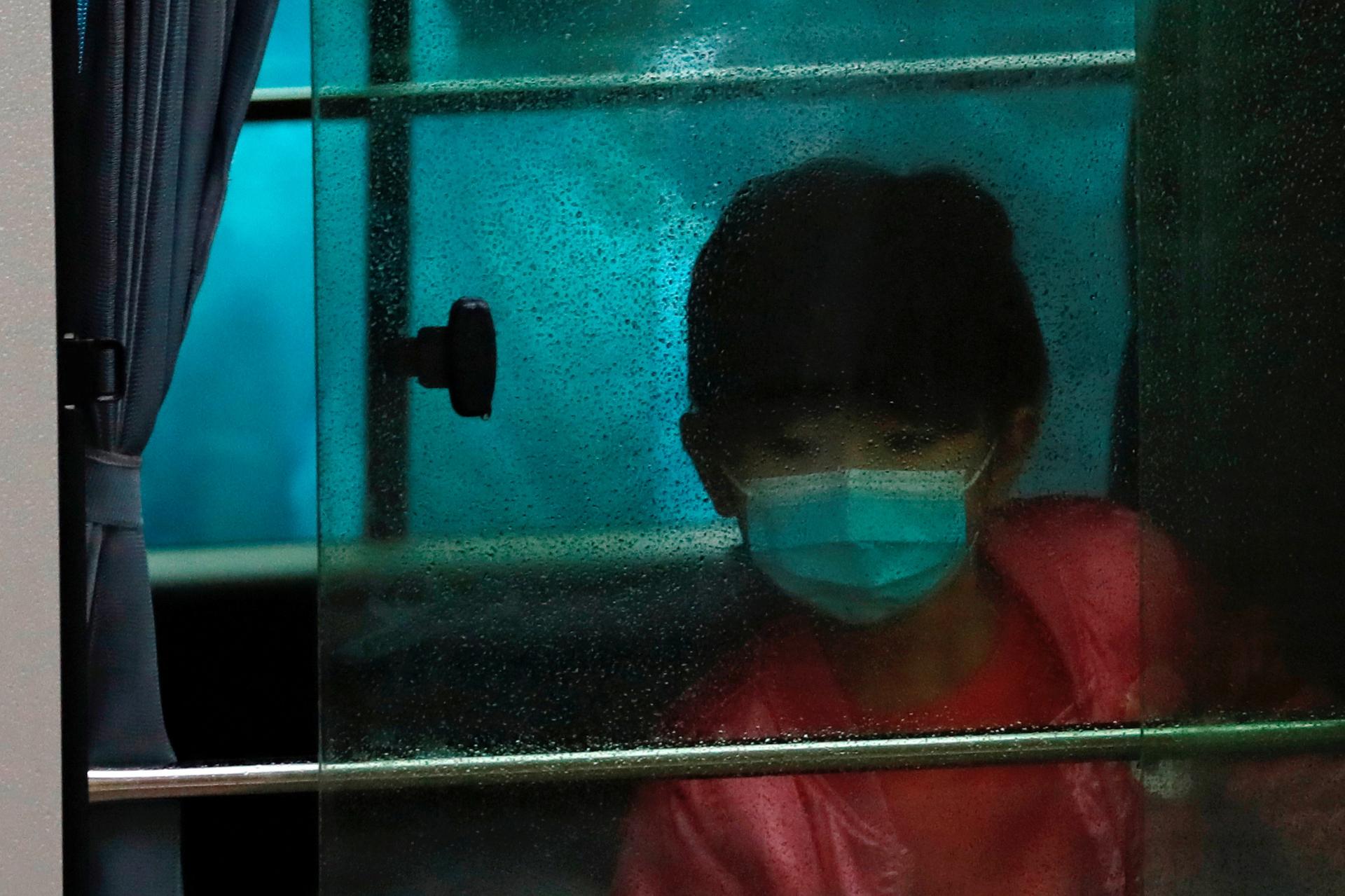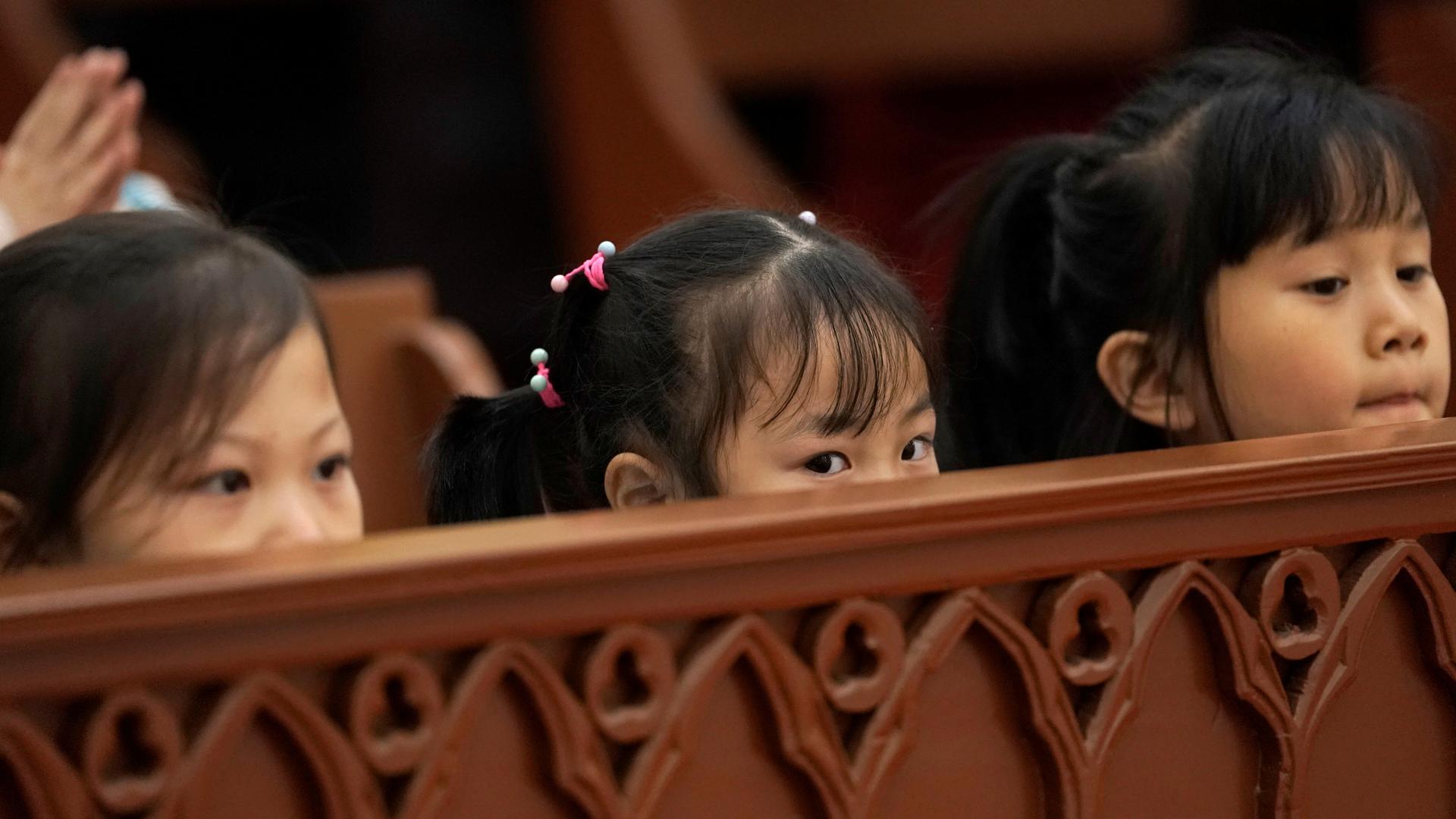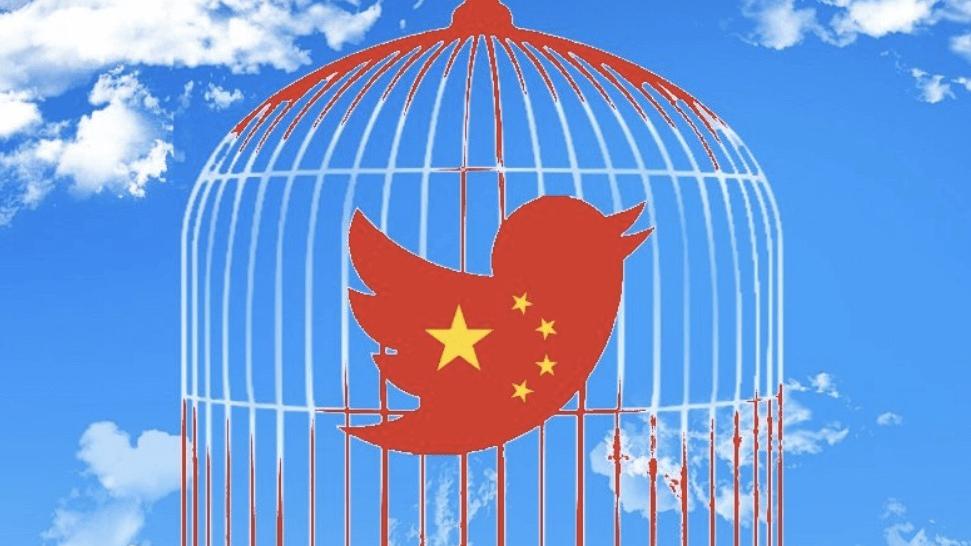Oiwan Lam
Regional Editor for Northeast Asia
Global Voices OnlineOiwan is Global Voices' regional editor for Northeast Asia.
Media activist, researcher and educator currently based in Hong Kong. Chinese writings appear on inmediahk.net.
LGBT couples turn a Lunar New Year tradition into a plea for acceptance
Red envelopes are a traditional gift in Chinese societies during the Lunar New Year, often given out by married couples to their single family members, but that tradition can be awkward for LGBT couples, who aren’t widely accepted. Now a Hong Kong group is using red envelopes for a different purpose.
Peaceful protests in Hong Kong become violent clashes with police
Organizers of pro-democracy protests in Hong Kong have battled police throughout the weekend, saying officers used excessive force — including tear gas, pepper spray and batons — against peaceful demonstrations. But they also say demonstrations will continue.
Beijing rejects Hong Kongers’ demands for democracy
Hong Kong will elect its chief executive for the first time in 2017, but Beijing announced this weekend that the city will have to choose from a short slate of pre-approved candidates. Many Hong Kongers say that violates the mainland’s pledges to allow democracy, and protesters are gearing up for action.
A Chinese city plans to ban Muslim clothing — to fight terrorism
Uighur Muslims in the city of Karamay are banned from wearing headscarves, having beards or other religiously linked items while using public transportation for the duration of a local sports competition. But the ban may become permanent and stoke tensions between Uighurs and the Chinese government.Uighur Muslims in the city of Karamay are banned from wearing headscarves, having beards or other religiously linked items while using public transportation for the duration of a local sports competition. But the ban may become permanent and stoke tensions between Uighurs and the Chinese government.
When Facebook goes out in Hong Kong, residents suspect Beijing flipped the switch
When Facebook went out in Hong Kong, residents quickly blamed Beijing. Hong Kongers believe the mainland is behind a recent series of attacks targeting both pro-democracy websites and a hugely popular referendum that’s demanding more political freedom for the city.When Facebook went out in Hong Kong, residents quickly blamed Beijing. Hong Kongers believe the mainland is behind a recent series of attacks targeting both pro-democracy websites and a hugely popular referendum that’s demanding more political freedom for the city.


